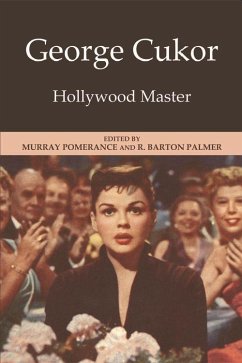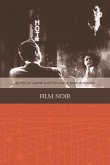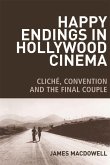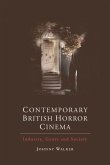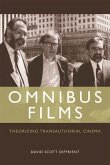"An MGM-style all-star cast of critics provide innumerable fresh insights into Cukor's rich and surprisingly varied career, his working methods and his signature subjects. The self-effacing Cukor believed in not calling attention to his craft, but he would have appreciated the sophistication and nuance with which these scholars illuminate his achievements." Matthew H. Bernstein, Emory University One of the studio era's most famous and admired directors, George Cukor made some of American cinema's most beloved classics, including The Women, Gaslight, Adam's Rib, A Star is Born, and My Fair Lady. Not himself a scriptwriter, he was particularly adept at choosing which properties to adapt and then managing the adaptation process with verve and skill. But what makes for a good adapter, for a talented master of ceremonies who knows where to put everything and everybody, including the camera? Who knows how to make a property his own even while enhancing the value it has as belonging to someone else? The essays in this volume, all written by prominent experts in their field, provide a series of complementary answers to those questions. Although responsible for many of the films that came to define an era, Cukor himself has received surprisingly little critical attention. With a theatrical style successfully transferred from his Broadway career, Cukor was still a man of the cinema, fascinated by the ever-developing potentials of his adopted medium, as shown by the more than fifty films he directed in a career that endured from the early sound era into the 1970s. Offering a critical discussion of every feature film Cukor directed, and including a rich trove of valuable information about their production histories, this is the first critical anthology devoted to one of the most celebrated figures from American cinema's golden age. Murray Pomerance is Professor in the Department of Sociology at Ryerson University. He is the series editor of Horizons of Cinema and Techniques of the Moving Image. R. Barton Palmer is Calhoun Lemon Professor of Literature and Director of Film Studies at Clemson University. With Linda Badley, he serves as the general editor of the two Edinburgh University Press book series Traditions in American Cinema and Traditions in World Cinema. Cover image: A Star is Born, 1954 (c) Warner Bros./The Kobal Collection Cover design: Stuart Dalziel [EUP logo] www.euppublishing.com

